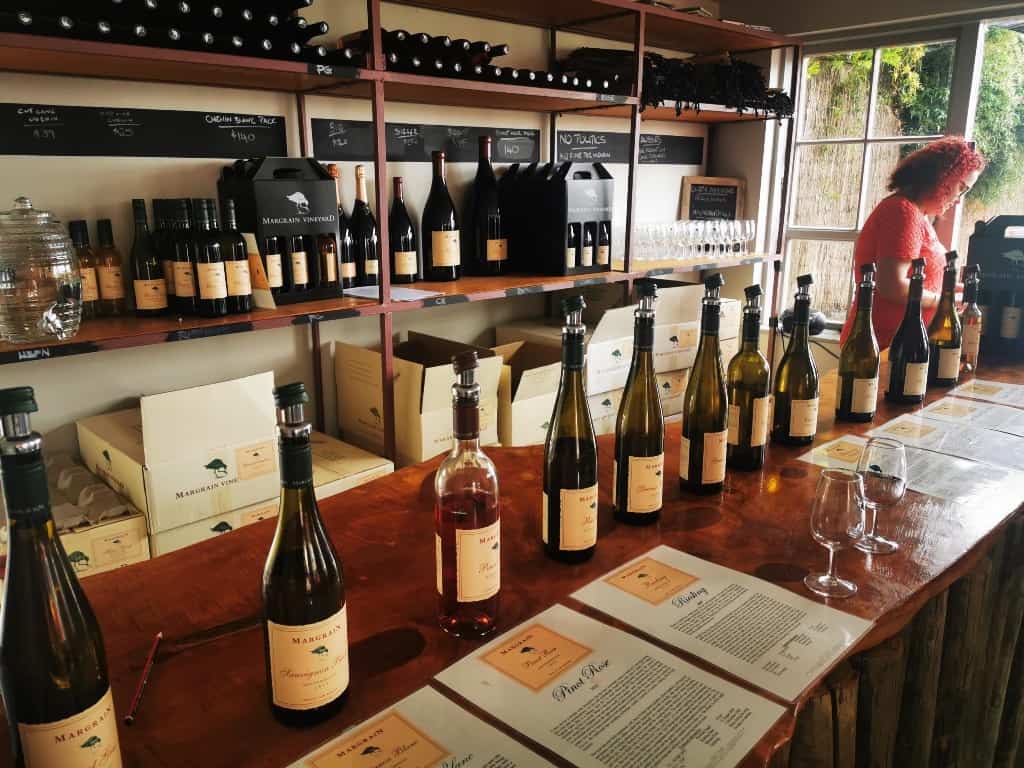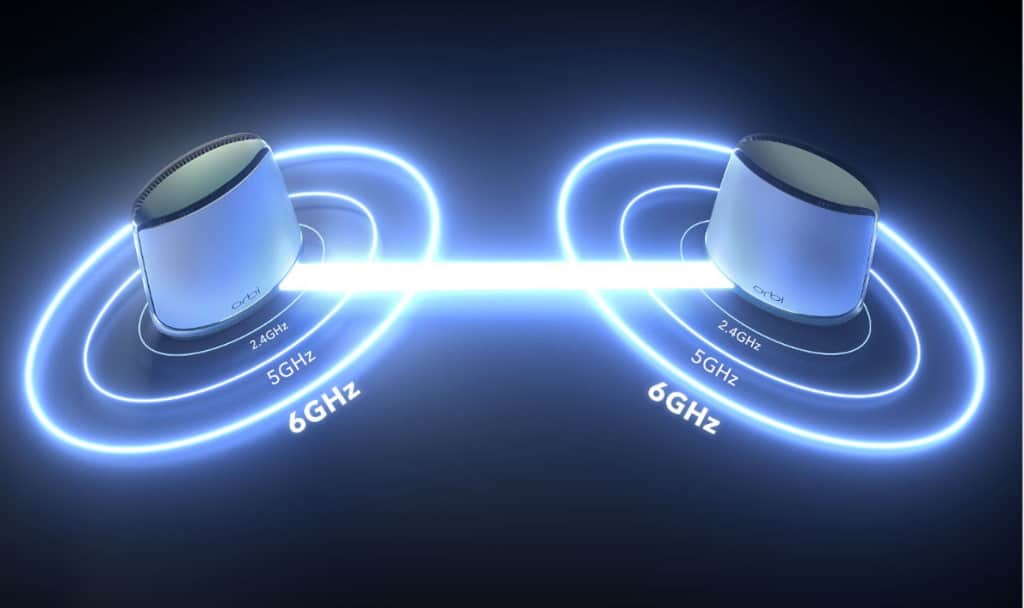There’s a shit-fight happening across the Tasman and Web search giant is threatening to pull out of Australia. PAT PILCHER explains.
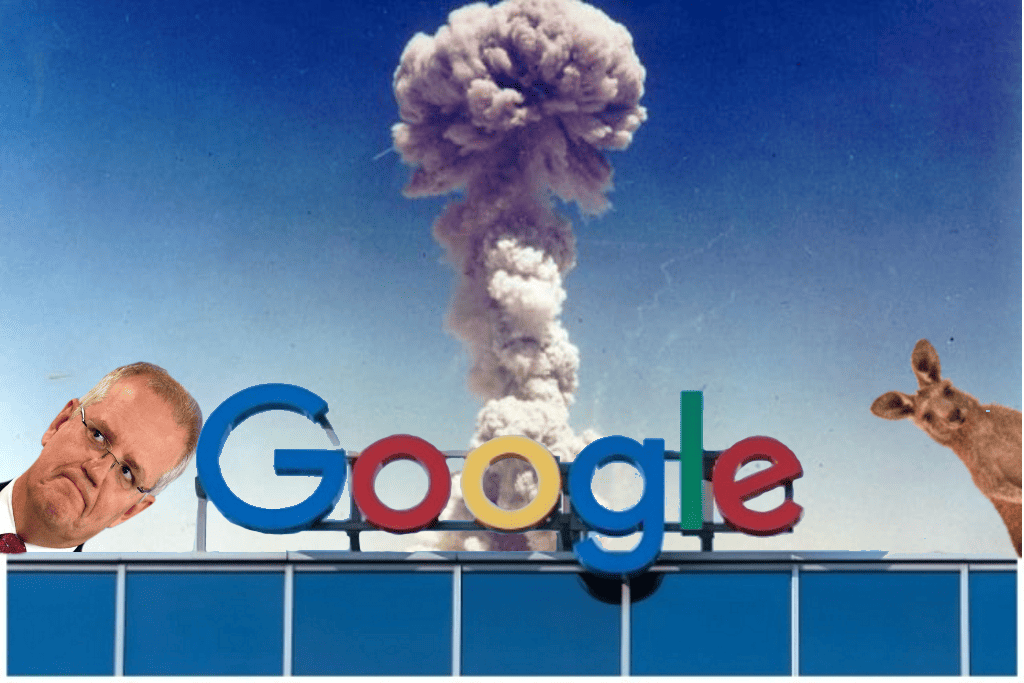
This time last year the skies turned a hellish shade of red in New Zealand as vast swathes of our trans-Tasman neighbour burned. Now, in 2021, a new fire is blazing in Australia, but this time it’s virtual smoke billowing and no Koalas will be harmed.
The Australian government’s proposals to force Google to pay Australian media outlets for linking to their news content have ignited furious debate and has attracted the ire of advocates of an open Web.
Would you like to support our mission to bring intelligence, insight and great writing to entertainment journalism? Help to pay for the coffee that keeps our brains working and fingers typing just for you. Witchdoctor, entertainment for grownups. Your one-off (or monthly) $5 or $10 donation will support Witchdoctor.co.nz. and help us keep producing quality content. It’s really easy to donate, just click the ‘Become a supporter’ button below.
The inventor of the internet, Tim Berners-Lee, has entered the fray, saying that he felt that what is proposed in Australia could be damaging to the Web.
“The ability to link freely – meaning without limitations regarding the content of the linked site and without monetary fees – is fundamental to how the Web operates.”
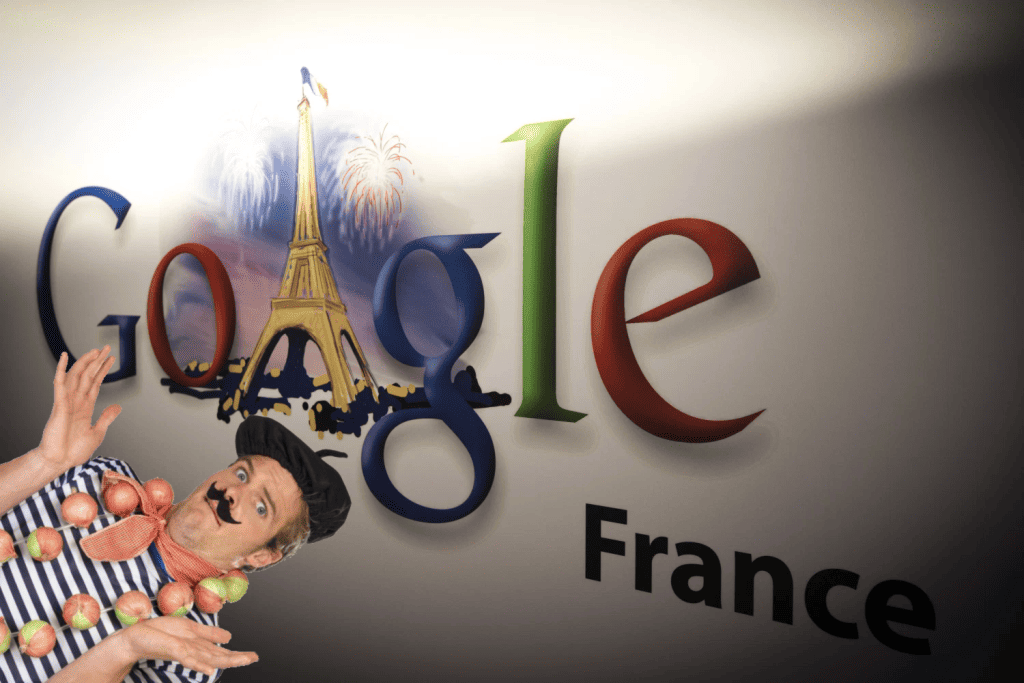
Australia might be where the world media focuses on tensions between the search giant and the government as they threaten to boil over. Still, it is not the only place where Google has come under pressure.
Google recently announced that a framework had been negotiated with French lawmakers to pay French news sites for including them in its search results. The French situation comes off the back of the 2019 EU Copyright Directive, which France said meant Google had to pay for the use of news “snippets” in their search results. Google retaliated and stopped using news snippets. The French equivalent of the Commerce Commission (the Autorité de la concurrence) ruled that refusing to use snippets and pay for them was an abuse of Google’s market power. After much acrimony, Google relented and announced an agreement had been made with French lawmakers.
Google’s concession to the French is probably more about possible precedents. These could see other EU member states looking to force Google to pay, or in a worst-case scenario, barring Google from their territories. Interestingly, should EU members decide to run with France’s decision, Google could find their bargaining position in Australia considerably weakened. Put simply, it isn’t a good look for Google to throw their toys out of the cot in Australia even though they agreed to pay in France.

To be fair, Google has argued that there are issues with the Australian proposal that could open a can of worms for them in the Australian market. The proposed laws require that Google notifies Australian media of any changes to their search algorithm 28 days in advance. The search algorithm is Google’s golden goose. They argue that disclosing algorithm information could see some Australian publishers obtaining an unfair advantage over other media.
A critical point missed by free web advocates such as Berners Lee is the impact of the internet on news media and the role that media plays in any democratic society.
Before the internet was a thing, print media was in good health. Newspapers were a popular daily source of news. The cost of employing journalists, editors, sub-editors, printers, admin people and print plants was covered by classified advertising revenues.
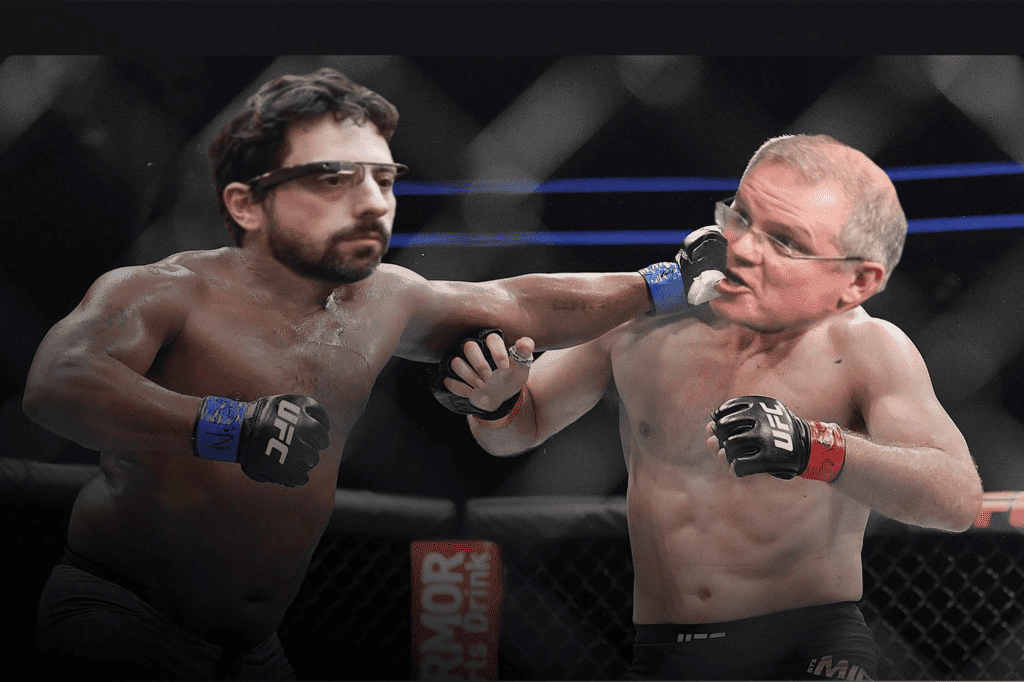
With the internet, readers disappeared online, and organisations such as TradeMe killed off newspaper classified sections, forcing many newspapers online and reliant on online advertising. Many publications folded. The survivors continue to struggle.
Given their precarious position, it isn’t difficult to see the ire of newspapers at Google earning advertising revenues off linked news content that has cost the newspapers both time and money to produce.
While much of the coverage and debate around Australia vs Google has focused on money and financial impacts, a considerably more critical issue is at stake and is being overlooked.
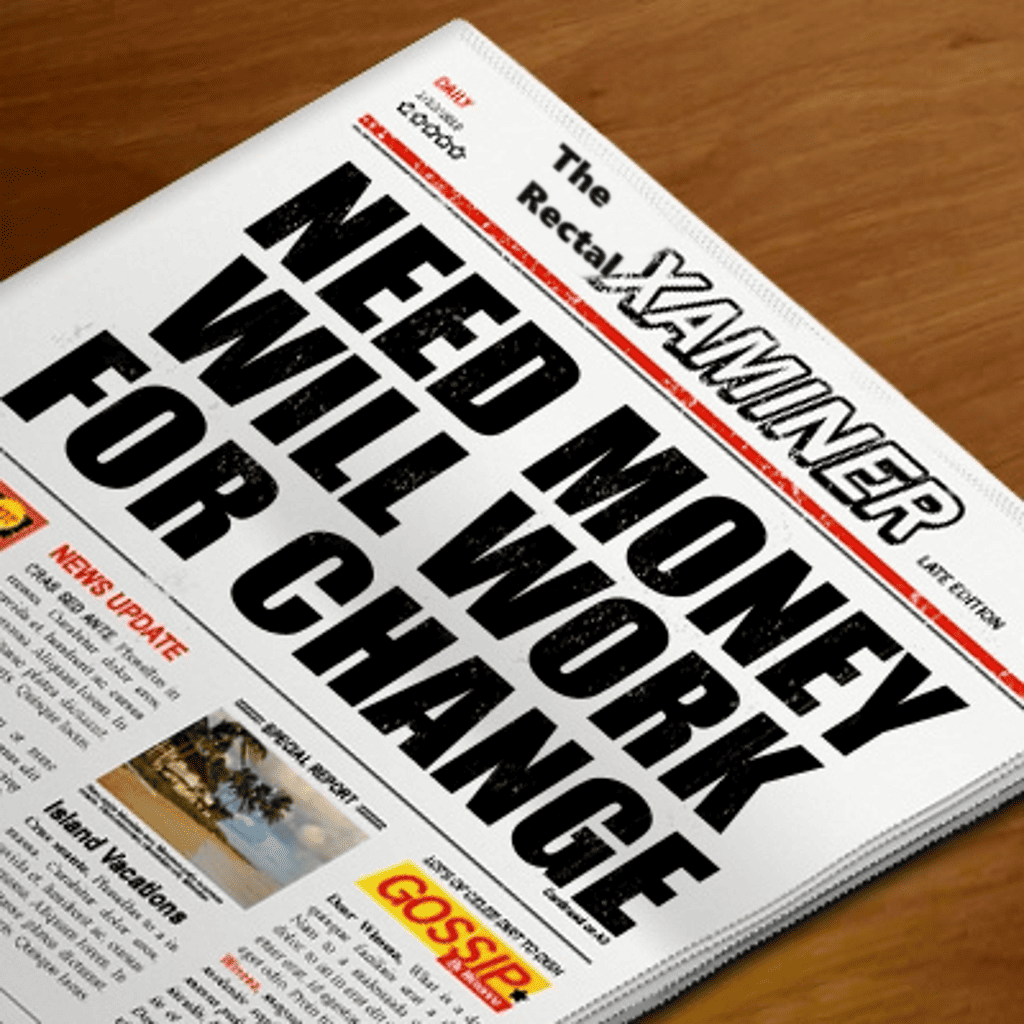
News media might have gone digital, but one vital characteristic remains unchanged. Media is still the Fourth estate. It plays a crucial role in informing the public and holding those in power to account. Given how vital an informed public is to a functioning democracy, making sure that politicians, the judiciary, and church are all kept honest, protecting the media makes a lot of sense.
Google could follow through with its promise to pull out of Australia. However, they’d still run the genuine risk that other countries (including New Zealand) could seek to emulate Australia and protect local media. Google isn’t the only internet search game in town either. What will happen next? Watch this space!




